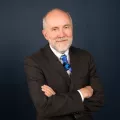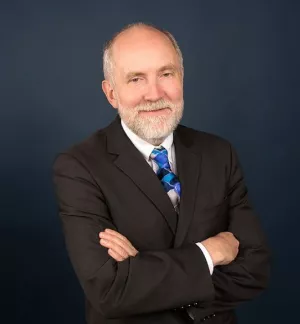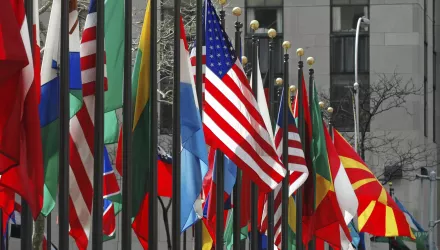In The Hague, leaders have agreed on a new initiative to secure dangerous radiological sources that might be used in a so-called “dirty bomb” – to prevent incidents like the December 2013 theft of a truck carrying a deadly source in Mexico.
The radiological source “gift basket” is stronger than some of us had expected. All the participants agree that they will secure all their most dangerous “Category I” sources using the measures in the IAEA’s Code of Conduct on the Safety and Security of Radioactive Sources by the end of 2016. (All of the participants had previously committed to implementing the Code of Conduct.) But it goes further, calling for measures such as checking the trustworthiness of people with access to radiological sources, providing a rapid response to any attempt to gain access to them (and carrying out regular exercises of that response capability), and developing a national-level response plan based on an in-depth assessment of the threat.
| Type A container packages used for the safe transport of radioactive materials. (Dean Calma/IAEA) |
Moreover, the statement goes into more venturesome territory with additional “best practices” the parties “may consider” (interesting double uncertainty there – surely they could have gone as far as “will consider”), including, among other items:
- access controls with multiple factors checked to confirm each person’s identity;
- monitoring systems with “redundant and timely alarms…sent to a centralized monitoring facility”; and
- “enhanced delay measures to allow response forces to arrive in time” to defeat potential adversaries.
Security of transports for radiological sources – the key weak link revealed in the Mexico case – goes strikingly unaddressed in the new initiative. But that may be because there is a separate gift basket on transport security. Another issue is the gaps in the list of participants: while 23 countries signed on, most of the summit participants did not, and countries such as Russia, India, Pakistan, and China, to name a few, were striking by their absence. Even Mexico did not sign up. There’s a good deal of work to do to convince the holdouts to take part by the time of the 2016 nuclear security summit.
Bunn, Matthew. “Leaders Agree on New Initiative on Radiological Source Security.” March 25, 2015



